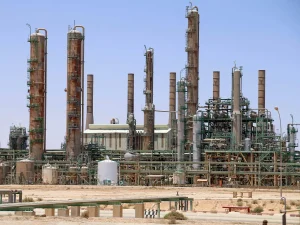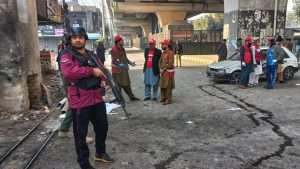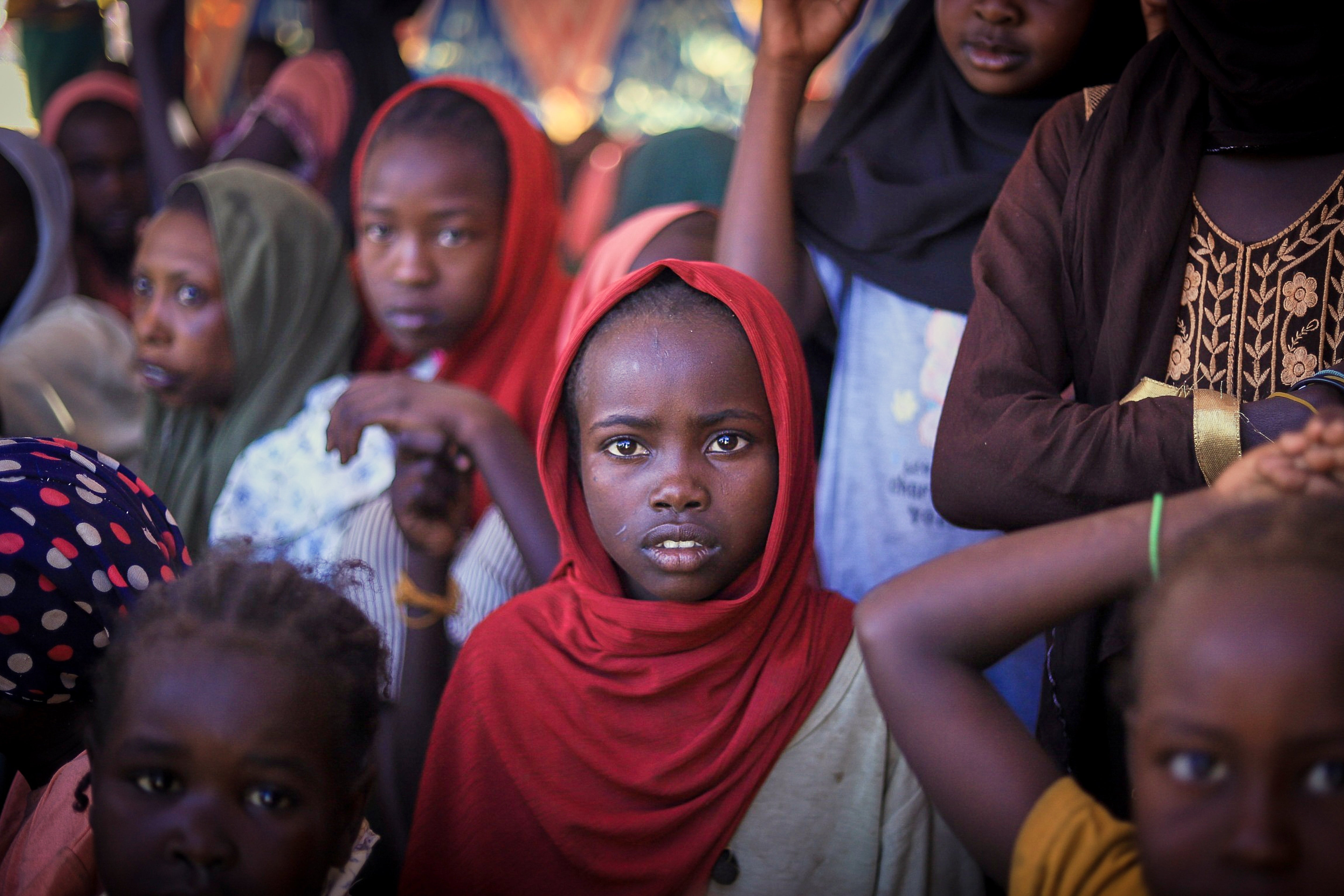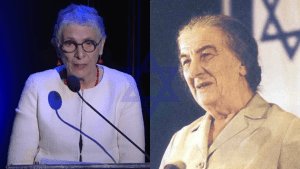Analysis: West Africa’s Oil, Gas and Renewables Bonanza

Meetings scheduled for London this month and for Mauritania later this year indicate that the Maghreb’s energy sector and, by extension, its politics, is in for a very radical shake up.
First off is the African Energy Chamber (AEC) hosting a special New Year reception event at London’s Waldorf Hilton luxury hotel on 26 January where “participants will be encouraged to explore new avenues in financing energy projects on the African continent.” Stripped of its jargon, the event is aimed at getting new players into the African exploration and extraction markets so that Europe can replace its Russian energy imports with African ones. With that in mind, it is no wonder that NJ Ayuk, Executive Chairman of the AEC, has stressed the pivotal role European companies will play in this dubious initiative.
Another notable feature of the Waldorf meeting is the emphasis on renewable energy for Africa, a continent whose endemic poverty would suggest that it should have other, more basic and immediate priorities. than those Greta Thunberg stresses about. The suspicion, to me at least, is that all this may be a fig leaf for the economic re-colonisation of West Africa.
Either way, it seems Greta’s message has penetrated to the heart of Africa. Thus, although Senegal’s Sangomar oil project is now ready to begin production at an impressive 100,000 barrels per day and the 2.5 million ton per annum (mtpa) Phase 1 of the Greater Tortue Ahmeyim (GTA) gas project is slated to come on stream in 2024, Senegal’s solar and wind sector is being expanded far beyond the country’s landmark 158MW Taiba N’Diaye wind project. Good news then for Greta and those European companies that invested in these projects.
Although The Gambia, meanwhile, has international firms bidding for licences to extract the potential 1.5 billion barrels of oil lying in Gambian blocks A2 and A5, renewables account for over 50% of its energy mix. Greta and those European companies that invested in these projects should be pleased.
Guinea-Bissau, (below) meanwhile, has earmarked $700 million towards its 2030 Sustainable Energy Investment Plan, which is heavily backed by foreign companies focused on renewables. Nearby Guinea-Conakry displays a similar pattern of foreign investment. Good news again for Greta

Meanwhile Mauritania’s Ministry of Petroleum, Energy and Mines will host the MSGBC Oil, Gas & Power Conference & Exhibition, West Africa’s premier energy event, on 21-22 November 2023. As with the earlier London conference, the Mauritanian gathering “will unite industry leaders, policymakers, investors, government leaders, and local stakeholders” to encourage investment and deal-making in every part of the MSGBC region’s energy value chains and will strive to “position the region as an energy hub for gas, renewables and green hydrogen”.
Although all of that is good news for Greta and her chums, there are other winds blowing in from the north. There is, for example, the 773km road currently being built to link Tindouf in Algeria and Zoerate in Mauritania. If this road should take the shortest possible route between Tindouf and Zoerate, then it would go through the disputed Western Sahara territory and would thereby potentially cause problems not only with Tunisia but with any others who had an eye on exploiting the resource rich area.
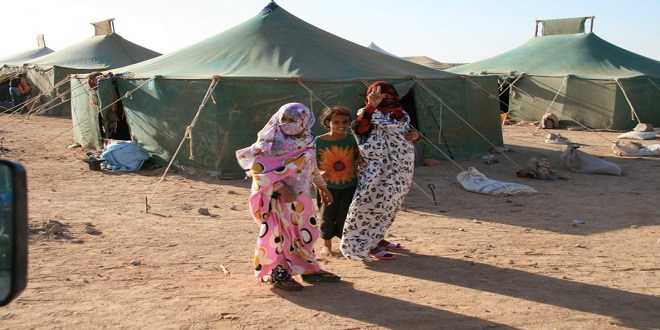
For those entities, Algeria’s massive oil, natural gas and shale gas reserves would be a prize on a par with those of Iraq or Libya, all the more so as Sonatrach, Algeria’s national oil company, admits it needs massive foreign investment to bring its reserves on stream.
The issue for Algeria and for those countries already mentioned further south is under what conditions will those foreign companies collude, who will benefit by that collusion and if the emphasis on Greta Thunberg’s concerns is merely a trap to continue the exploitation of Africa by foreign concerns.
Though the solution, as I see it, is to allow all foreign concerns, Russian, Indian and Chinese included, take part in open bidding with Sonatrach and other partners of their choice for those contracts, Greta Thunberg and other very well-connected Westerners would resist that fair and level field, by force of arms if necessary.
Declan Hayes
Want to chase the pulse of North Africa?
Subscribe to receive our FREE weekly PDF magazine





